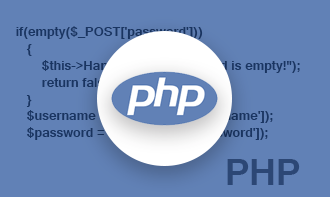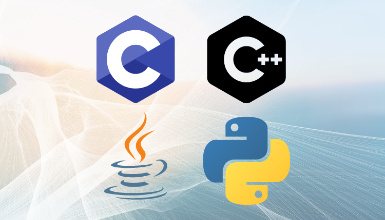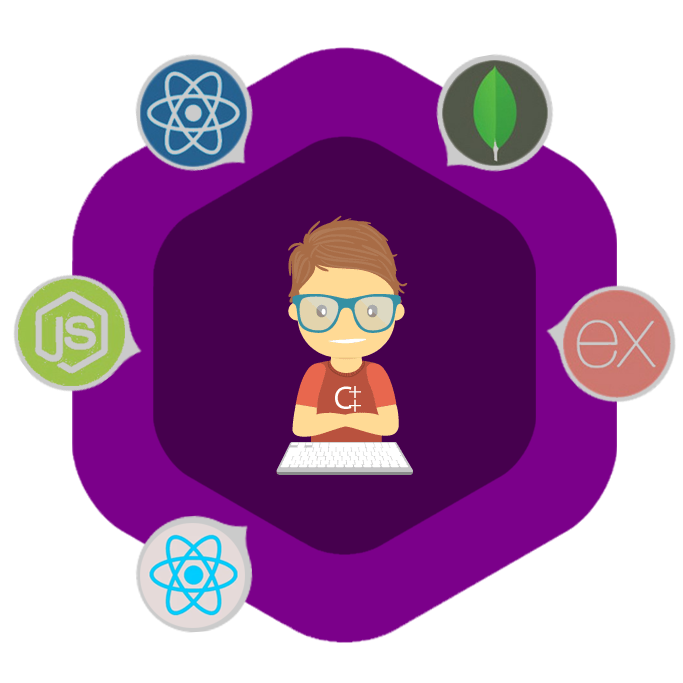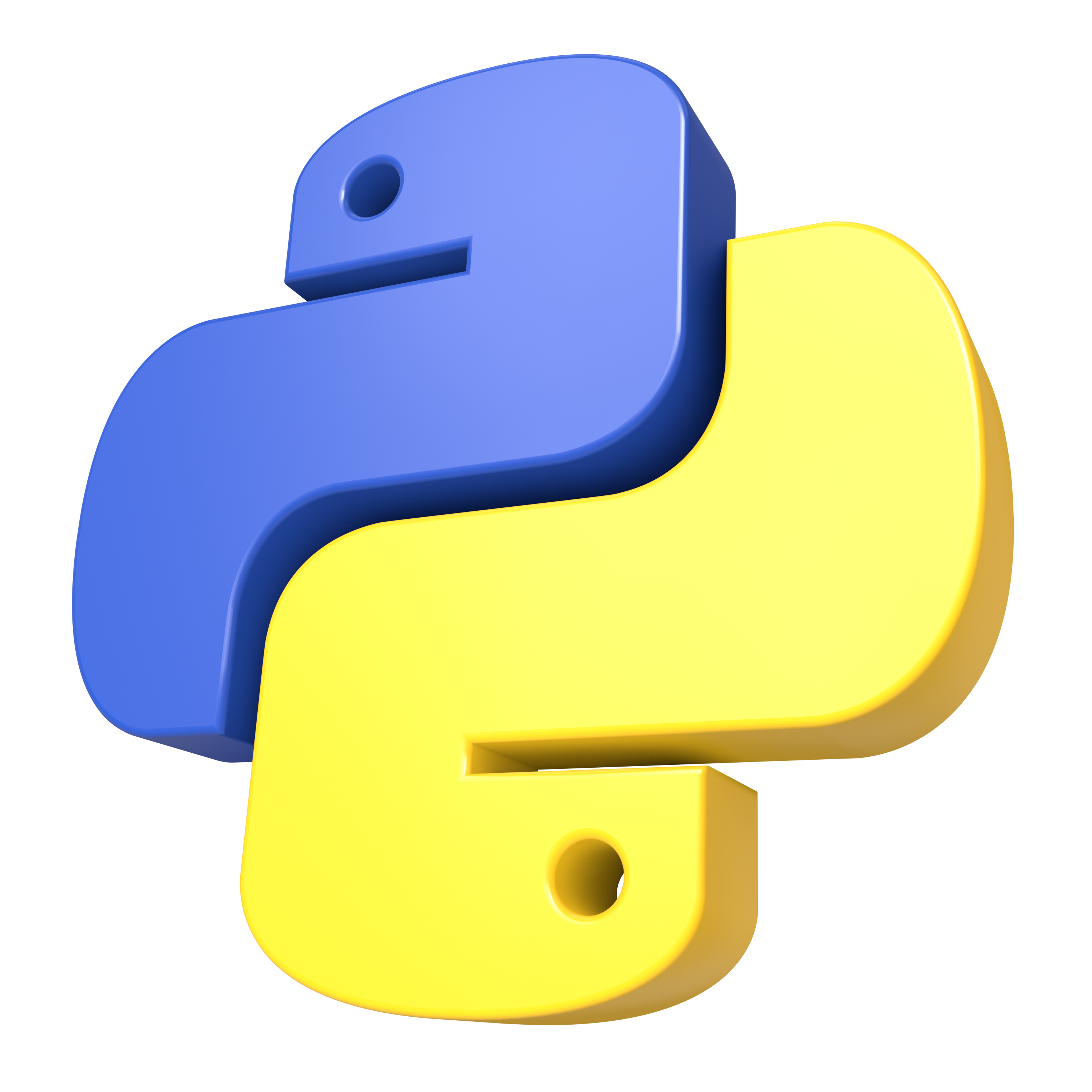PHP Web Dev

PHP: Do you envision yourself building dynamic and interactive websites? Do you dream of creating engaging user experiences and driving online success? Then look no further than PHP, a powerful scripting language that transforms static websites into dynamic powerhouses!
Saksham's PHP course empowers you to:
- Grasp the fundamentals: Gain a solid understanding of PHP syntax, data types, control flow, and essential web development concepts.
- Work with databases: Learn how to connect to and interact with databases, enabling you to store and retrieve information dynamically.
- Build dynamic websites: Craft websites that respond to user interactions, display personalized content and enhance user engagement.
Why Choose PHP?
Here's why PHP is a great choice for aspiring web developers:
- Widely Used: PHP is one of the most popular languages for creating websites, opening doors to numerous career opportunities.
- Beginner-friendly: With clear syntax and a logical structure, PHP offers a gentle learning curve for beginners.
- Powerful and Versatile: Build a wide range of websites, from simple blogs and e-commerce platforms to complex web applications, with PHP's versatility.
- Open-Source and Free: Utilize PHP without licensing fees, making it accessible and cost-effective for aspiring developers.
Saksham's PHP course offers an engaging learning experience:
- Expert-Led Video Lectures: Gain clarity with concise and engaging videos delivered by experienced instructors.
- Interactive Exercises and Projects: Apply your knowledge through hands-on exercises and real-world projects, solidifying your skills and building a portfolio.
- Supportive Learning Community: Connect and collaborate with fellow learners and instructors in a friendly and encouraging environment.
Unlock the power of PHP with Shaksham! By enrolling in this course, you'll gain the essential skills and knowledge to transform your website ideas into thriving online realities.
Start building dynamic websites today with Saksham!


















